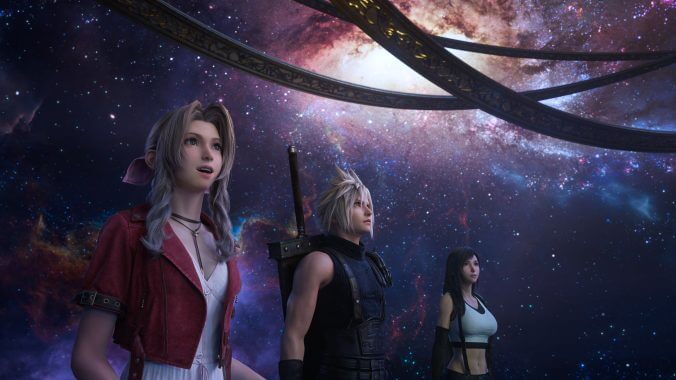

One of the most popular theories of Final Fantasy VII explains that the remake trilogy works as a reconstruction, a lot in the style of what we have seen in reconstruction of Evangelion’s films
Since the launch of the remake of Final Fantasy VII, the theories that try to explain the new direction of history have grown without stopping. Among the most commented there is the idea that this trilogy works as a reconstruction, a lot in the style of what we have seen in Rebuild of Evangelion Movies. That is, a cyclical reinterpretation of the original work in which some characters know what happened in previous versions and whose purpose would be to achieve a different resolution through the emotional maturity and the breakdown of fate.
This comparison generated intense debates among fans, but how much is really solid? In this article we will disassemble the point by point why Remake Final Fantasy VII It is not a reconstruction like Evangelionneither in the structure nor in the symbolism, nor in the narrative purpose.
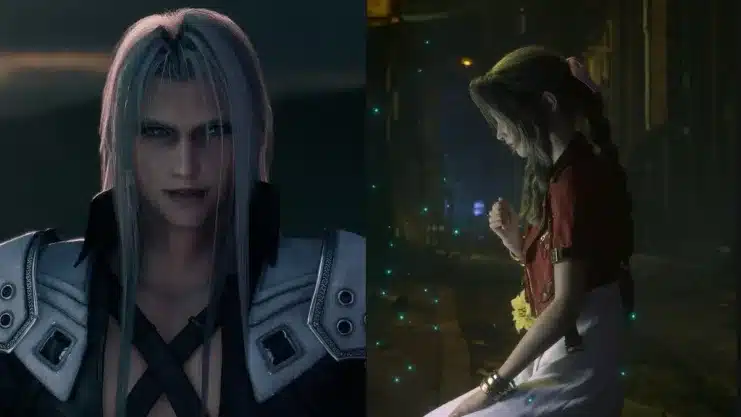

How does the Evangelion cycle work?
To understand why this theory is not supported by applying it to Final Fantasy VIIFirst we have to review how Evangelion’s narrative cycle works.
The reconstruction of the Evangelion series raises a world that has been restarted after the events of the end of Evangelion (or that is what is thought of what has been shown in the films). This would have been highlighted through visual elements such as the Ocean Crimson and key figures – such as Kaworu– This seems to have memory of what happened in other iterations.
The restart would occur after catastrophic events, such as the Third impactwhich causes a restoration of reality. This repetitive model is motivated by unsolved trauma and breaks only when Shinji It reaches a real emotional change that allows you to overcome its cycle and conclude the narrative with a new vision.
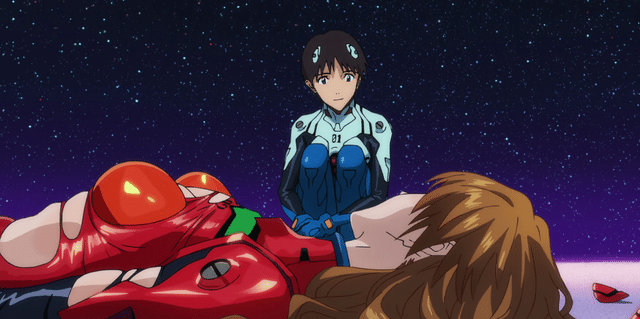



The repetition in Evangelion has an evident metaphysical weight, built by the script, visual symbolism and the development of the character.
And the remake of Final Fantasy VII?
There are those who claim that the Final Fantasy VII Remake trilogy follows a similar cyclic model, in which figures such as Aeris or Sephiroth maintain the memories of the original game, which would imply that we are facing a modernized variation of the original history with gradual alterations.
But that idea does not resist a detailed analysis, since there is no evidence of a previous cycle. Unlike what happens in Evangelion, In the remake of Final Fantasy VII there is no tangible evidence that we are witnessing a repetition after a destructive event. In other words, no vestiges of a global restoration or visible signs indicate that the planet has been restored after a collapse is not observed.
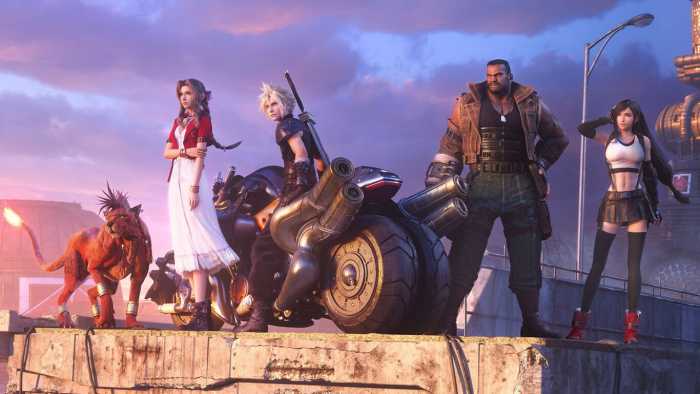

One of the main weaknesses of the “reconstruction” theory applied to Final Fantasy VII is that it never specifies What did dramatic or devastating would have given rise to the alleged restart of the world. Was the fall of the meteorite? Was it what happened in the children of Advent? What did GAIA restart your story? And why is there no evidence of that restart?
On the other hand, in Evangelion, that turning point would be clearly established: the third impact acts as a trigger for the new cycle (it is not confirmed but it is a very valid thought). In the remake trilogy, the reconstruction theory falls to pieces because that narrative base is missing.
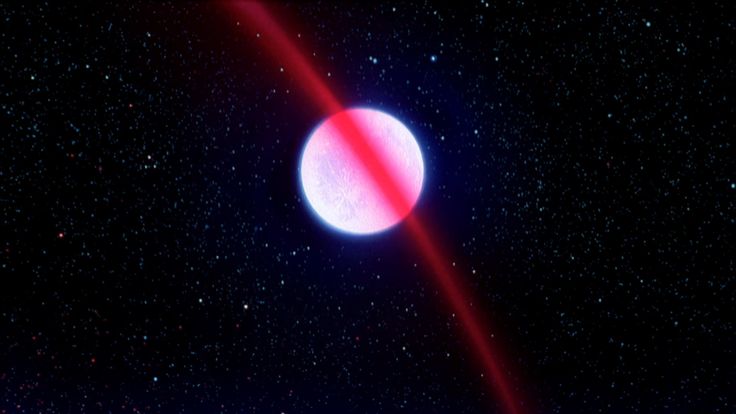



There is no internal logic in the alleged trip of Sephiroth
There are interpretations that claim that Sephiroth would have sent their conscience to the past after what happened in the children of Advent, with the aim of changing the course of events in them. But that idea raises more questions than answers:
How does Sephiroth travel to the past?
Why only at the beginning of the history of the remake and not before, as in the Nibelheim events?
If you can intervene without problems in history, why don’t you prevent key events such as the recovery of cloud in Mideel, which is essential for your defeat?




Remake narrative does not support this type of temporary journey, nor are there mechanisms established in the universe of Final Fantasy VII that allow that type of mental or spiritual displacement towards the past.
The omens must not be memories of a previous cycle
It is true that in the remake trilogy there are visions, omens and moments that seem to anticipate the future that we already know about the original game. But these moments can be explained without invoking an eternal cycle or reincarnations with memory.
A more consistent reading with the internal logic of the Final Fantasy VII universe is that these flashes are fragments of Aeris and its profound spiritual connection with the planet. Like Cetra, Aeris has a special sensitivity that allows you to perceive fluctuations in the flow of vital current, including possible future loads of pain or transformation.
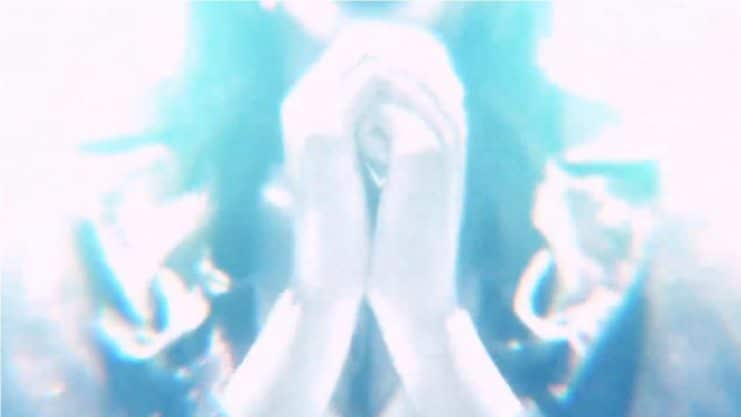

However, what shows these omens in a chaotic and out of place is not a cycle that is repeated, but the active interference of the echoes. These entities, which are presented as “Guardians of Destiny”, seem to extract memories, emotions and latent visions from the within Aeris. Instead of protecting the natural flow of the time, the echoes appropriate their fragments of clairvoyance, projecting them without context on the cloud and other characters.
Therefore, what we see how “omens” are not universal warnings, but have stolen reflections from Aeris’ consciousness: echoes of what has already heard or presented, now disordered and transformed into confusion tools.
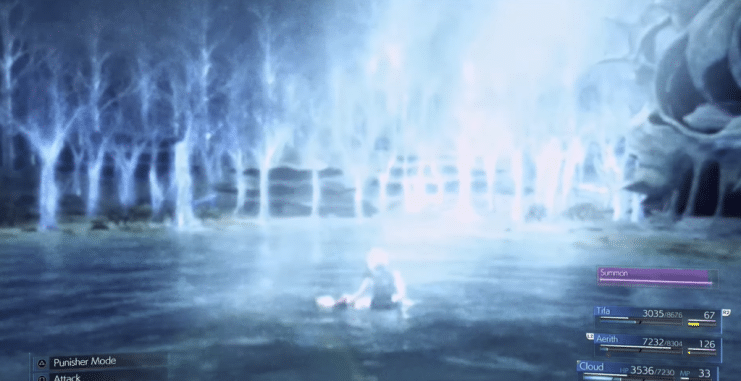

Fundamental narrative differences with Evangelion
Evangelion seems to establish its cycle
One of the Evangelion cycles is explicit and has a clear starting point: the third impact (or this seems because it is not confirmed). From there, everything is restored. Figures like Kaworu give the impression of being fully aware of what happened in the previous repetitions of the narrative cycle. The world has radical changes on a physical, emotional and existential level.
The remake of Final Fantasy VII does not present any justification for a restart
At no time the remake of Final Fantasy VII offers a solid narrative base that explains an alleged restart of the world or history. If we start from the premise that Sephiroth returns from the children of Advent, the great stranger is: what is the mechanism that allows you to do it? Why right there and not before or after? There is no solid narrative logic to justify it. It is simply presumed that “it happened”.
This means that the comparison with Evangelion loses the meaning. In the reconstruction of Evangelion, the cyclical logic is at the center of the narrative. In the Remake Final Fantasy VII trilogy, it is not even defined.
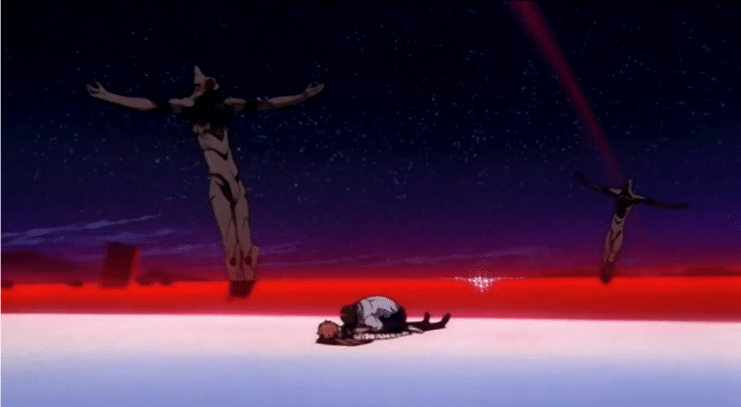

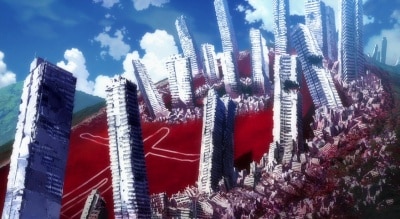

Evangelion changes occur quickly and profoundly
From the second reconstruction of Evangelion’s film, it is already seen that the story is on a totally different path towards the classic anime. New characters, new relationships, drastic changes in the plot and unpublished scenarios. In fact, the following two films break completely with the narration of the classic anime, introducing unpublished dynamics and a radically transformed world.
In the Ffvii remake, on the contrary, two of the three games continue to maintain the key events of the original. If it was a completely new cycle with full freedom of action, it is contradictory that the central events themselves continue to reproduce almost unchanged.
Everyone continues to occur. The alleged turning point at the end of the first game did not trigger any important change in the second game (rebirth), which weakens the idea of being in an altered cycle.
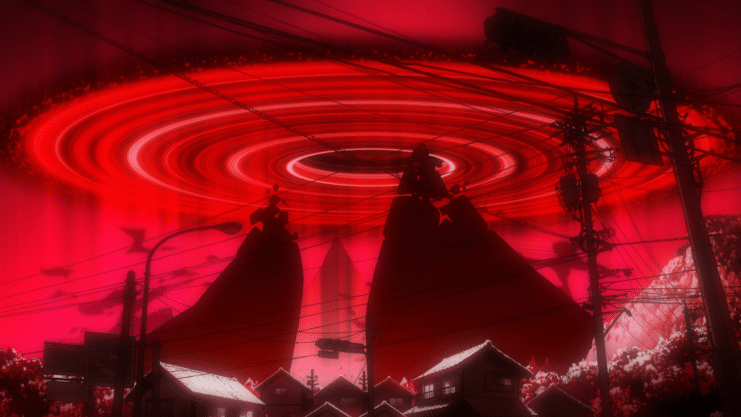

The real influence: Jung and Yogachara
Kazushige Nojimamain screenwriter of the remake trilogy, he mentioned in the interviews that The story is inspired by the theories of psychoanalyst Carl Jung and Yogachara Buddhist School.
According to Carl Jung, the human being crosses a path to identification, a process in which all aspects of the psyche – including shadow – are integrated to obtain a profound personal transformation. He also introduced concepts such as the collective unconscious and archetypes, essential to understand some symbolic structures in narratives.
In the meantime, Yogachara claims that reality is a construction of the mind. What we live is a projection of our mental processes and accumulated karma.
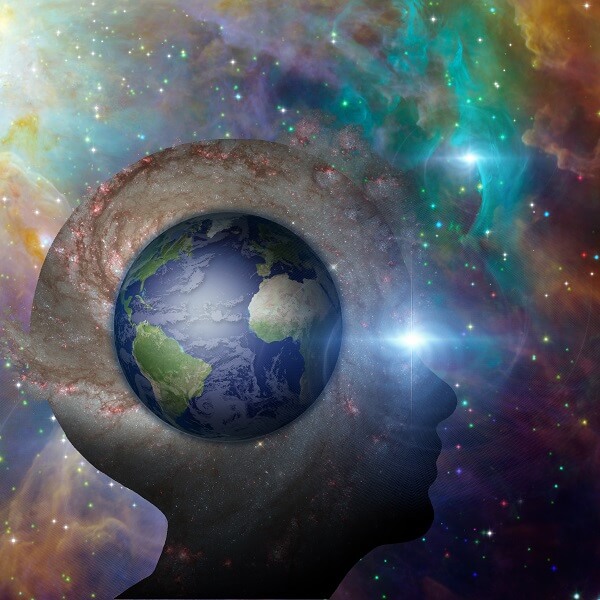

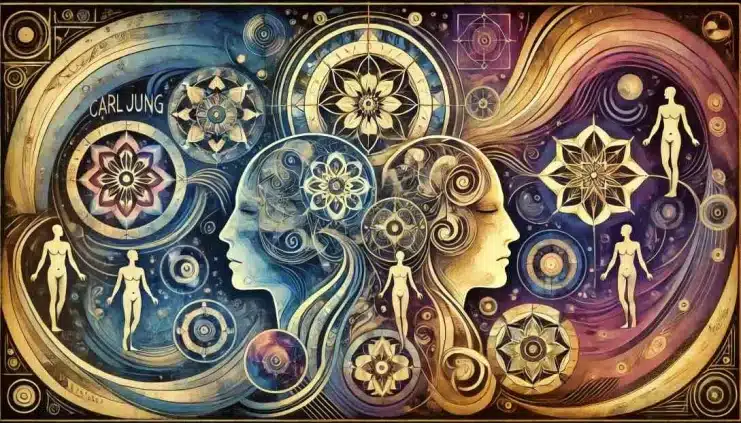

In that picture, Remake conflicts do not focus on the rewriting of the events of the past, but on how the characters face the meaning of these facts. The trilogy is not saying “this happened before”, but: “This can happen, but it depends on how you live it, how it faces it and on the transformations I get in you”.
Conclusion: remake or reconstruction?
Although the comparisons with Evangelion may seem superficially attractive, the truth is that:
The Final Fantasy VII remake does not present a narrative cycle or an event that justifies it.
There are no mechanisms that allow temporary travels of consciousness such as those that the theory proposes.
The important events of the original game continue, which contradicts the idea of a radical change of course.
The narration is inspired by psychological and spiritual change, not to repeat or reconstruct a story.


For all this, The theory according to which the remake trilogy is a reconstruction since Evangelion does not support neither from the narrative logic, nor by the philosophy that inspires the game, nor from the way the facts have been developed so far.
If you want to know more about the Final Fantasy VII remake trilogy, click on the following titles
Remake Final Fantasy VII against interpretative chaos: Royal Multiverse or Narrative Mirage?
Final Fantasy VII: the game director clarifies if there is DLC of the rebirth
The enigma of the Masamune in Final Fantasy 7 has an official explanation

